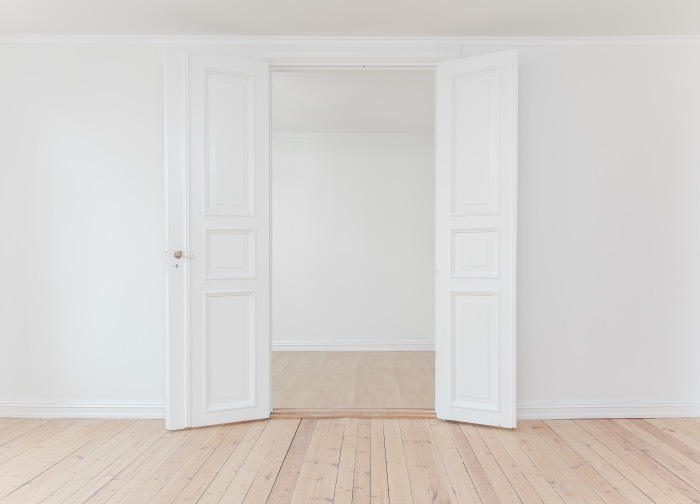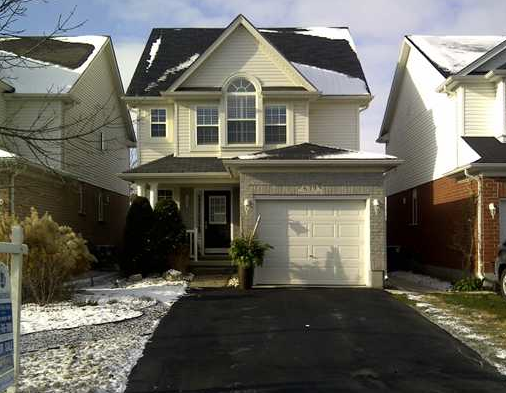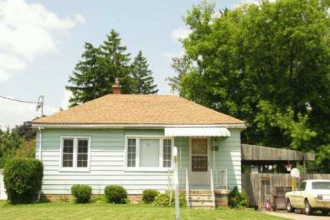I was recently interviewed for an Our Homes magazine article and during the interview, I said, “house prices have doubled since 2000 but wages certainly haven’t”. The reporter liked the quote and we talked about it some more and decided that since the year 2000 was too far in the past to be relevant – she was writing a story about millennials and their challenges in buying homes. We decided to use instead the past decade as our benchmark.
As real estate statistics tend to be too broad to be useful, we decided to look at freehold townhouses, arguably the best investment for first time homebuyers (millennials).
A great thing about being a real estate agent is full access to the MLS. I looked up some freehold townhouse complexes I know in Waterloo and found that since 2007 the average sale price of those units had increased by about 60%.
There are a lot of moving parts with the economics of real estate. Affordability is based not only upon wages but mortgage interest rates and other economic factors. However, home prices rising 60% in ten years is notable.
Last year, having a house was better than having a job
According to this article in the Financial Post, the average home price in Canada rose almost $90,000 last year. The median family income in Canada for comparison is $76,000. And, the average Canadian brings home $38,700 in income. But income is taxable whereas capital gains on principle residences is not. Having a home, viewed through this lens certainly makes good economic sense.
Home prices fall a little, rise a lot
It has been a long times since anyone has said to me, “I’m going to wait until house prices drop by 20% before I buy”. (That was after the housing crash in Florida and Arizona). On the contrary, now young buyers are trying to buy ahead of rising prices. What I often hear now is, “If I don’t buy now, prices are going to be 10% higher in six months”.
Things are always changing
Here is where we are now. Canadian’s net worth (or equity) has never been higher. Property appreciation is a major factor. Another article in the Financial Post got deeper into the weeds with the economics with:
- The average Canadian household had a net worth of $726,000 which includes $263,000 in home equity
- Even if the market crashed 20 per cent to 40 per cent, Canadian household equity ratios would only decrease to 67.5 per cent and 56.7 per cent respectively
- The amount of household disposable debt allocated to service mortgages was 6.1 per cent in the third quarter — a percentage that has been relatively stable since 2005
- The amount of disposable income allocated towards interest payments have continuously decreased, standing at a low of 3.1 per cent in (the third quarter of 2016)
Further reading: It takes twice as long as 15 years ago to save up for a house





